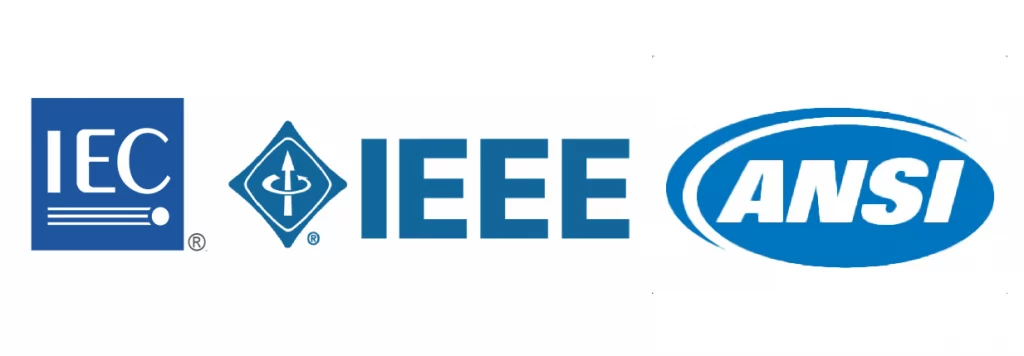I have been involved in many projects wherein specifications and datasheets are required to comply with the local standards. Most of the time, this will create issues during the procurement process.
The usual order of compliance for a project is as follows:
- Local Laws, Standards and Regulations
- Client's Code of Practice
- Project Specifications
- International Standards
- Front End Engineering Design (FEED) documents
The local laws, standards and regulations has the highest level of hierarchy in the project compliance. In cases of conflict between documents in the same level of the hierarchy, the most stringent requirement shall apply.
Compliance to local laws, standards and regulations poses issues during procurement. As an example, in one project that I worked with, specifications and datasheets were made compliant to the local standards. When the equipment were ordered, some were ordered from Germany and some from China all of which are manufactured and tested according to the IEC standard.
The local standard was based on IEC standard, however, it was modified to suit local conditions. Question - are we going to accept IEC standard for our equipment? If we do - then why did we even bother making it comply with local standards. Are we violating provisions of the code? If we don't - will the manufacturer be willing test the equipment as per local standards? Probably, they will but for a cost and time maybe a great factor.
For materials and equipment which are commonly used were imported in volumes, the compliance testing by local authorities will be paid for by the importer. For uncommon materials, the cost for compliance testing by local authorities will be enormous. An example of this was a bus duct to be installed in Bohai Bay Offshore platform in Beijing, China. As nobody manufactures the required bus duct in China, the only possible source is from Europe. However, China requires all imported materials or equipment to have the China Compulsory Certification (CCC) stamp. To get the stamp, it should pass the compliance testing of local authorities. As this is a one-off import, the cost of testing will make the cost of the bus duct to sky rocket. The solution, the project opted for cables as it is more economical notwithstanding the lead time for delivery.
Whatever the decision of the project team will be - all conditions pertaining to the local standard should be met. In that way - no violations will be incurred.
